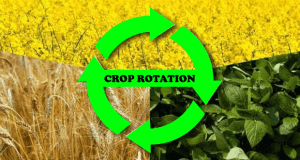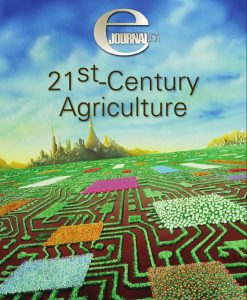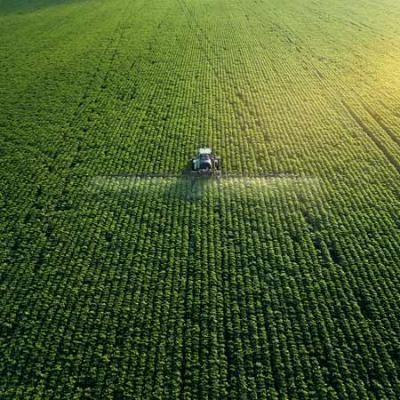Introduction:
In the vast landscape of human civilization, few endeavors have been as fundamental and transformative as agriculture. From the humble beginnings of cultivation to the technologically advanced practices of today. The story of agriculture is one of constant adaptation and innovation. In this article, we embark on a journey through time, And tracing the evolutionary milestones that have shaped the way we produce food, fueling the growth of societies and civilizations.
Ancient Agriculture: Seeds of Civilization
In the fertile crescents of Mesopotamia and the Nile Valley, ancient civilizations sowed the seeds of agriculture.And laying the groundwork for the rise of human society. Explore how early farmers cultivated grains, domesticated animals. And developed irrigation systems, unlocking the potential for settled communities and urbanization.
Medieval Farming: Feudal Fields and Crop Rotation

During the Middle Ages, feudal societies relied heavily on agriculture, with vast estates cultivating crops to sustain burgeoning populations. Delve into the world of medieval farming practices, including the introduction of crop rotation. And their techniques that revitalized exhausted soils and increased yields, laying the foundation for agricultural productivity.
The Agricultural Revolution: Seeds of Change
The dawn of the 18th century brought about a period of profound transformation known as the Agricultural Revolution. Witness the advancements in machinery, such as the seed drill and the mechanical reaper. Which revolutionized farming practices, leading to increased efficiency and productivity. Explore the enclosure movement and its impact on land ownership and agricultural production.
Industrial Farming: The Rise of Mechanization
As the world entered the industrial age, agriculture underwent a paradigm shift with the widespread adoption of machinery and chemical inputs. Learn how tractors, combine harvesters, and synthetic fertilizers transformed farming. And also enabling the cultivation of larger areas and the intensification of production. Examine the consequences of industrial farming on the environment and food systems.
Modern Agriculture: Technology and Sustainability

In the 21st century, agriculture stands at the crossroads of tradition and innovation. Discover how precision farming technologies, genetic engineering, and sustainable practices are reshaping the agricultural landscape. Explore the potential of vertical farming, hydroponics, and agroecology to address the challenges of climate change, resource scarcity, and food security.
Key Points Table: Evolution of Agriculture
| Epoch | Key Developments |
|---|---|
| Ancient Agriculture | Cultivation of grains, domestication of animals, irrigation |
| Medieval Farming | Feudal farming, crop rotation |
| Agricultural Revolution | Introduction of machinery, enclosure movement |
| Industrial Farming | Mechanization, synthetic fertilizers |
| Modern Agriculture | Precision farming, genetic engineering, sustainability |
Comparative Table: Traditional vs. Modern Farming
| Aspect | Traditional Farming | Modern Farming |
|---|---|---|
| Methods | Manual labor, animal power | Mechanization, automation |
| Input Use | Natural fertilizers, limited chemicals | Synthetic fertilizers, pesticides |
| Yield | Relatively low | High |
| Environmental Impact | Minimal | Significant |
| Labor Requirements | High | Low |
| Land Usage | Extensive | Intensive |
| Sustainability | Relies on traditional knowledge, biodiversity | Focuses on efficiency, conservation, sustainable practices |
Conclusion: Cultivating the Future
From the dawn of civilization to the present day, agriculture has been a driving force behind human progress and development. As we reflect on the evolutionary milestones of farming, it becomes clear that the journey is far from over. By embracing innovation, sustainability, and the wisdom of the past, we can cultivate a future where agriculture thrives, nourishing both people and the planet.
Knowledge Source:
Dr. Emily Green, Ph.D.
Professor of Agricultural History
University of Agricultural Sciences, Cambridge
Dr. Emily Green is a leading authority in the field of agricultural history, with a focus on the evolution of farming practices and their socio-economic impacts. With over two decades of research and teaching experience, Dr. Green brings a wealth of knowledge and insight to the study of agricultural transformations throughout history.
By exploring the evolutionary journey of agriculture, from ancient practices to modern innovations, we gain a deeper understanding of how farming has shaped human civilization and continues to influence our world today. Through the lens of history and the expertise of scholars like Dr. Emily Green, we can appreciate the challenges and opportunities facing agriculture in the 21st century, paving the way for a more sustainable and resilient future.












